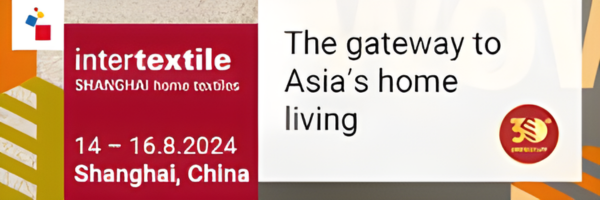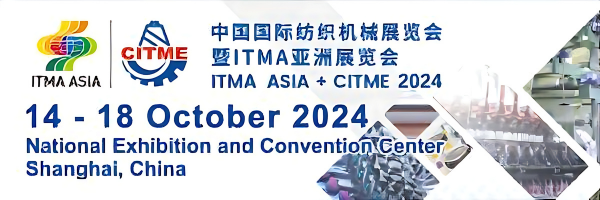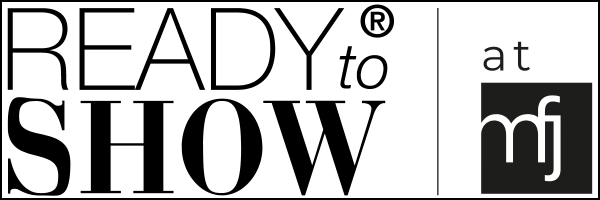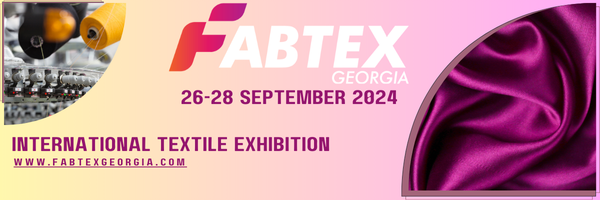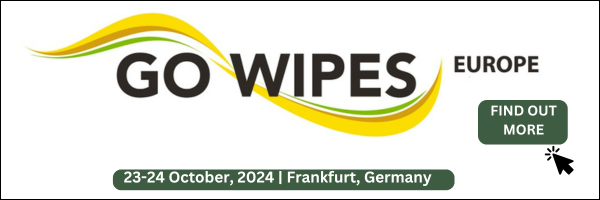In a significant development for the textile industry, the governments of Ethiopia and South Korea officially opened the “Textile Techno Park” over the weekend. This collaborative initiative, initially outlined in a memorandum of understanding signed in May 2016, has come to fruition and is situated within the Bole Lemi Industry Zone in southeastern Addis Ababa.
The Textile Techno Park is equipped with state-of-the-art laboratories, well-facilitated classrooms, and cutting-edge workshops, all aimed at advancing research and innovation in the textile sector. This initiative holds immense promise for fostering technological advancements and capacity building in Ethiopia’s industrialization journey.
Mr. Hasen Mohammed, Ethiopia’s Minister of Industry, highlighted the importance of technology transfer and capacity building, emphasizing that Ethiopia possesses all the essential ingredients to embark on high-tech textile production. The nation boasts a burgeoning workforce, significant market potential, a need for further manufacturing industries, and a strategic geographic location, making it an ideal hub for the textile industry’s development.
Ethiopia, with a population of 123 million people, is the second most populous nation in Africa, trailing only Nigeria. It is also one of the fastest-growing economies in the region, according to the World Bank. This promising landscape positions Ethiopia as a prime destination for textile investments and innovation.
The Bole Lemi park spans an extensive 353 hectares and serves as a nucleus for textile factories, as well as facilities for agricultural processing and pharmaceuticals. Ethiopia has been taking cues from the Chinese model of establishing special economic zones to attract foreign investments, acquire cutting-edge technology and human capital, and boost exports to strengthen its foreign exchange reserves, addressing one of the Ethiopian economy’s main vulnerabilities.
The Industrial Park Development Corporation, the governing body overseeing this transformative strategy, has successfully established 12 parks across the country, collectively generating an impressive revenue of $1 billion.
Beyond its business implications, the Textile Techno Park is poised to fortify Ethiopia’s ties with South Korea in education and culture. Last month, South Korea embarked on a similar venture in Uzbekistan, situated within the precincts of the Tashkent Institute of Textile and Light Industry, funded through Korean development aid. This expansion underscores South Korea’s commitment to promoting knowledge exchange and technological advancements in the textile sector on a global scale.





